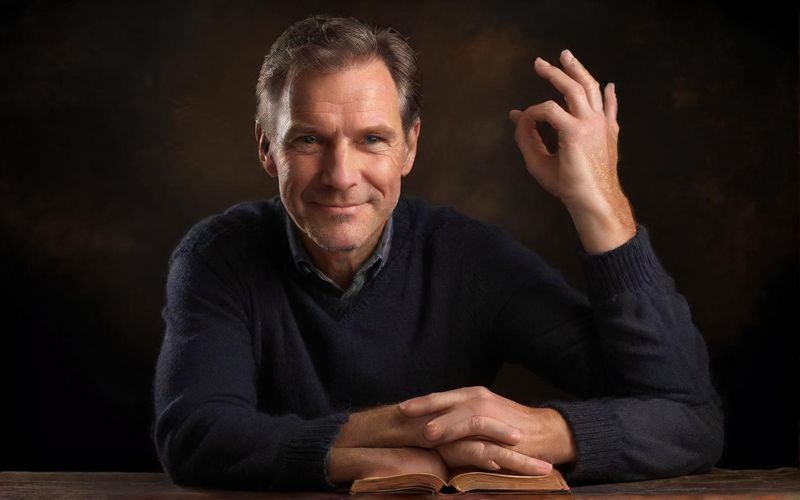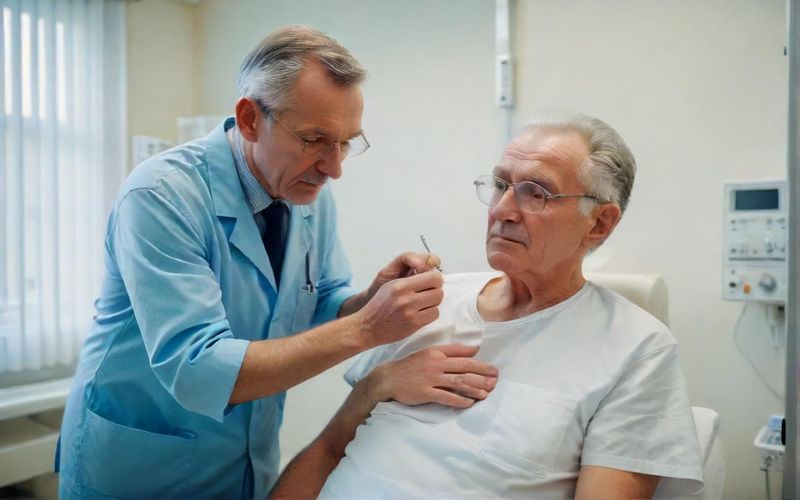Breakfast Timing Linked to Older Adult Longevity

As reported by Fox News, this international team, led by Dr. Hassan Dashti from Massachusetts General Hospital and Harvard Medical School, found that as people age, their meal times, especially breakfast, tend to shift later. This isn’t just about personal preference; it seems to be tied to a whole host of factors, from poor sleep and depression to even simple things like dental problems making it harder to chew. It makes you wonder, doesn't it, how these daily routines become entangled with our overall well-being?
What’s particularly striking is the link to longevity. The study found that for every hour breakfast was delayed, the risk of death during the follow-up period increased. Now, the researchers are quick to point out that this isn't saying eating later *causes* an earlier death, but rather that it can act as a marker. Imagine that – our breakfast habits potentially signaling underlying health issues. This adds a whole new layer to the conversation around chrononutrition, the science of how meal timing affects our health, suggesting that our body's internal clocks and when we fuel up might be more intertwined than we realize.
This research, published in Communications Medicine, highlights how these patterns can differ between younger and older adults, a crucial insight as our global population ages. Monique Richard, a registered dietitian nutritionist, echoes this, noting that later breakfast timing is a frequent observation in geriatrics, often linked to various health complaints. It's not just about when we eat, but how it impacts our ability to get the nutrients we need, stabilize energy, and anchor our day. As we navigate this journey of healthy aging, could tweaking our breakfast habits be a simple yet powerful tool?









